Sudanese in America: The New Generation
A few years ago, I published interviews with 20 Sudanese in the US, in various Sudanese newspapers and websites. They were mostly university professors and World Bank experts. The plan is to collect the pieces and publish them in a book: “Sudanese in America: 20 Ph.D.’s and 20 books.”
I’ve recently started “Sudanese in America: The New Generation,” about those born in the US, or those who came when they were young.
In this first part, I’ll introduce Waleed Ahmed Osman and Reem Ayman Hashim.
Mohammad Ali Salih: Where and when were you born?
Waleed Ahmed Osman: At Soba Hospital in Khartoum, 1985.
Reem Ayman Hashim: Omdurman Hospital, in 1992.
MAS: What schools did you attend?
Waleed: Weyanoke Elementary (Alexandria, Virginia), Lake Braddock Secondary (Burke, Virginia), Virginia Commonwealth University, Virginia’s George Mason University, and currently post-graduate studies at Georgetown University (Washington, D.C.).
Reem: John Adams Elementary, William Ramsey Elementary, Forestdale Elementary, Francis Scott Key Middle School, Robert E. Lee High School, University of Virginia (all in Virginia).
MAS: What activities did you practice: academic, social, cultural, etc.?
Waleed: Too numerous to name.
Reem: I’m involved in numerous activities, and enjoy leadership roles within these activities. To give one example; in college, I was involved in the African Studies Initiative; an organization that raises awareness about a variety of topics concerning Africa–something I’m very passionate about. We organized forums and documentary viewings (even covering Sudan) for students to learn about crucial issues, and to encourage enrollment in the African Studies minor.
MAS: When was the first time you realized your Sudanese heritage?
Waleed: I was always been cognizant of my culture and heritage.
Reem: I have always grown up with the fact that I was Sudanese. Even though I came here at the age of 3, I picked up the language and surrounding culture quickly. However, my Sudanese heritage has always been a part of me since my parents were keen on preserving our Arabic language, and since we lived around many Sudanese families; the constant influx of Sudanese people at our house, created a strong foundation of culture and heritage.
MAS: Do you visit Sudan often? What is your impression?
Waleed: I traveled (back) to Sudan at age 10 and age 20 when I spent 3 years between ages 20-23. I also visited again at age 25. I always enjoy trips back to Sudan. You have to pay homage to the motherland.
Reem: My family visits Sudan often; in my 21 years of life I have been back 7 times. One of my impressions about Sudan is that throughout a range of years of going back, family values and ties have diminished increasingly. However, people do value leisure time, rather than a structured, fast-paced life (compared to the American lifestyle).
MAS: Life in America versus life in Sudan? Would you want to live in Sudan?
Waleed: I am often presented with this question by my family and peers. As long as I have a means to generate income, living in Sudan would be a viable option.
Reem: To be frank, I can only go back to Sudan if there is a governmental/structural change; I can’t see myself living there with the current politics. However, I am open to going back periodically and working on things that do improve certain aspects of life there.
To be continued….

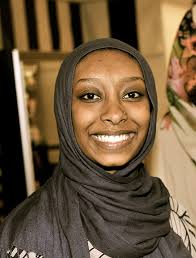
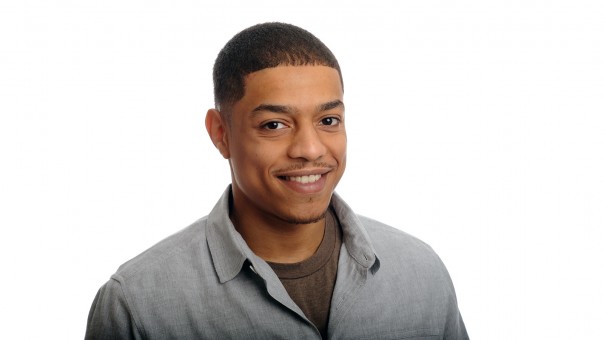
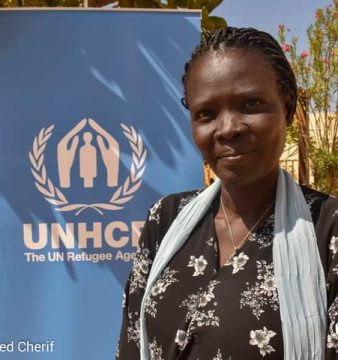
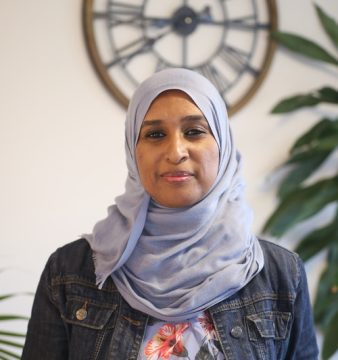
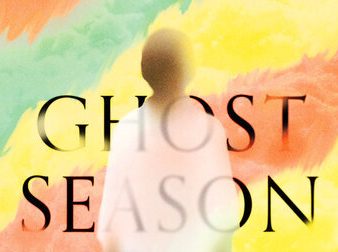
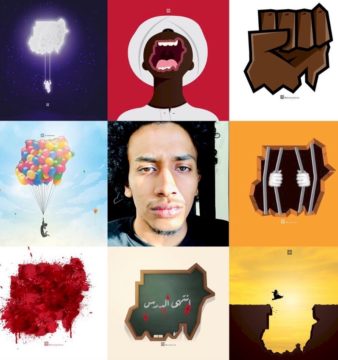
keep it up,
This is VERY useful, because it tells us how young Sudanese feel about their country and why.
wow…he is so0o0o0o0o0o cute lo0o0ol